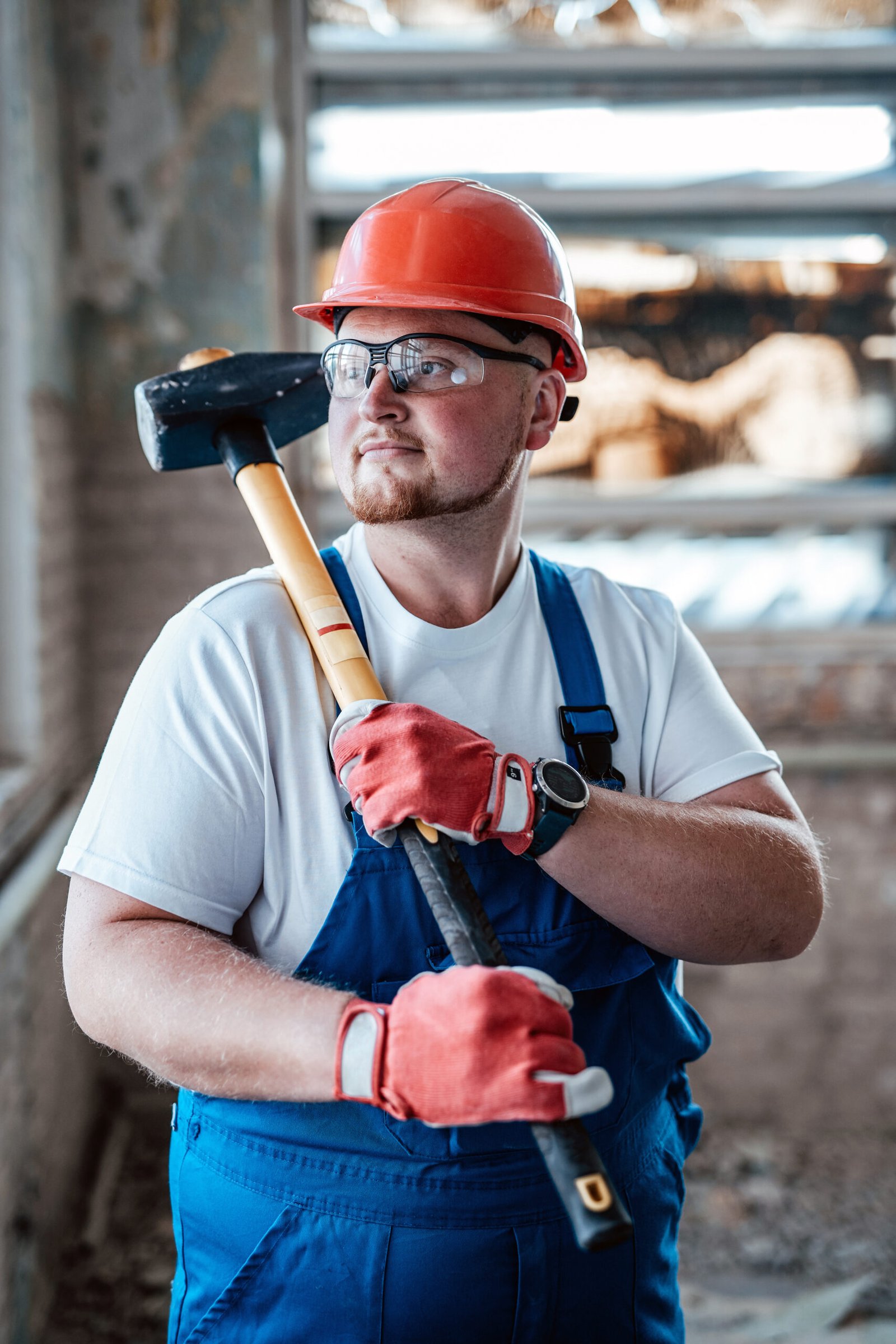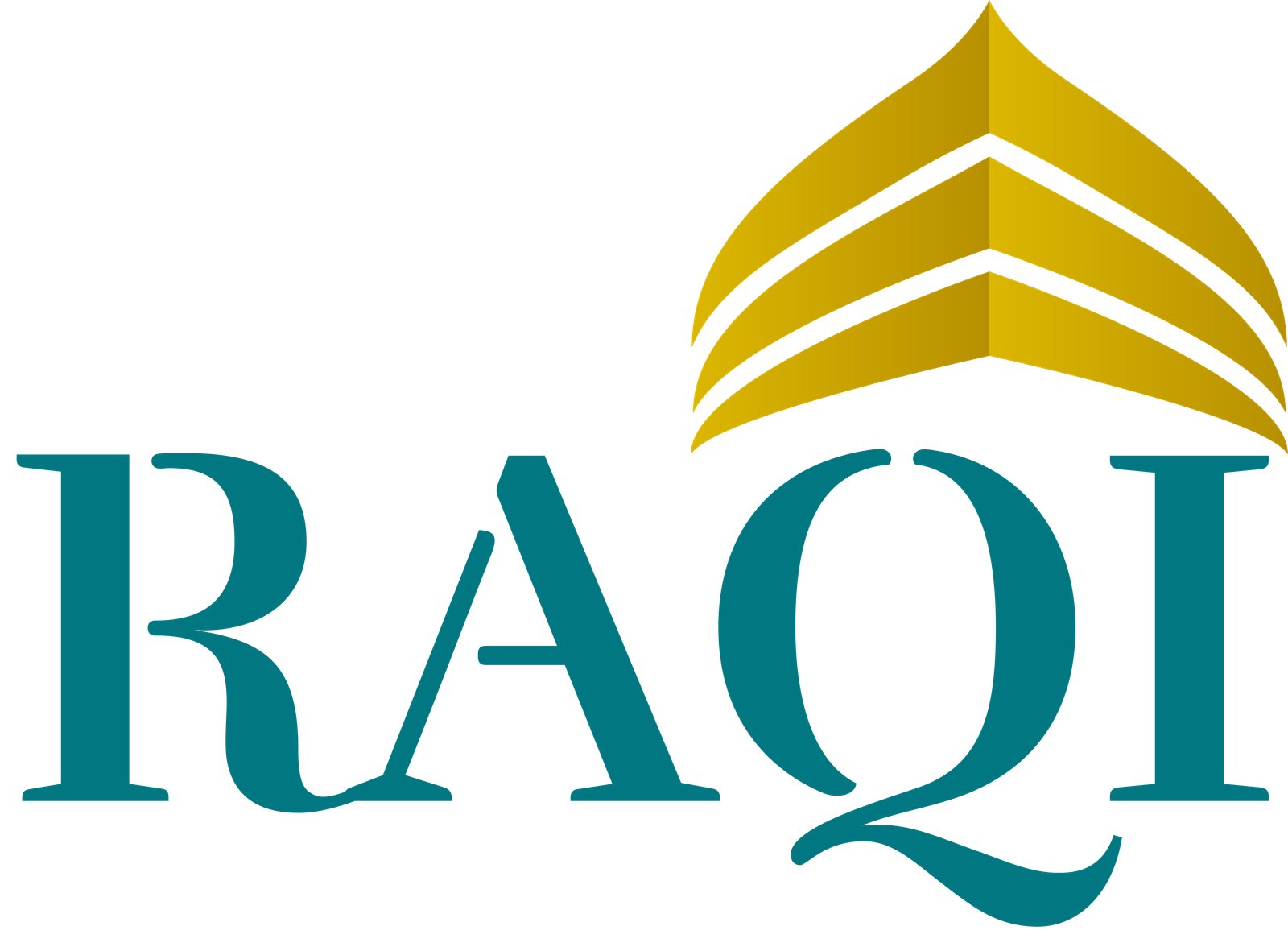The following answer is from Leiter, M. P., & Maslach, C. (2016). Latent burnout profiles: A new approach to understanding the burnout experience. Burnout Research, 3, 89-100
The first phase of research on the phenomenon of burnout involved a lot of exploratory, qualitative field studies, which amassed many descriptions of the burnout phenomenon based on observations, interviews, case studies, and personal experience. Based on this exploratory work, psychometric research was carried out to establish a method for assessing the burnout experience. That research identified three basic dimensions: exhaustion (also described as wearing out, loss of energy, depletion, debilitation, and fatigue); feelings of cynicism and detachment from the job (also described as depersonalization, negative or inappropriate attitudes, detached concern, irritability, loss of idealism, and withdrawal); and a sense of professional inefficacy and lack of accomplishment (also described as reduced productivity or capability, low morale, and an inability to cope). The measure that emerged from that psychometric research was the Maslach Burnout Inventory (MBI), which assessed these three dimensions and has been used in many research studies over the years.
The potential of having three interrelated dimensions of burnout was first discussed in terms of a sequence of stages over time. For example, the transactional model of burnout proposed a first stage of an imbalance between work demands and individual resources (job stressors), a second stage of an emotional response of exhaustion and anxiety (individual strain), and a third stage of changes in attitudes and behavior, such as greater cynicism (defensive coping). A process model, which emerged from the earlier qualitative work, proposed a first stage of emotional exhaustion, in response to work demands that taxed people’s emotional resources; a second stage of depersonalization, as people tried to cope by withdrawal and negative, cynical reactions; and a third stage of reduced personal accomplishment, when people began to experience inefficacy and failure. A third approach was the phase model, in which the three burnout dimensions were split into high and low categories, yielding eight different patterns, or phases, of burnout. The phase model hypothesized that cynicism is the early minimum phase of burnout, followed by the additions of inefficacy, and finally by exhaustion.
What is noteworthy about all of these early approaches is the explicit assumption that people could experience various patterns of burnout, which might change at different points in time. However, the potential of these varying patterns has not been exploited very much in the more recent empirical literature. If anything, there has been a move towards simplifying burnout to a one-dimensional construct of exhaustion. Exhaustion is often considered the strongest, primary element of burnout, and thus a suitable proxy for the entire phenomenon. A single dimension is easier to measure, and exhaustion is easier to fit within existing systems of medical diagnosis and disability. But a focus on just exhaustion may ignore other aspects of the burnout experience, which go beyond chronic fatigue. People experiencing burnout are not simply exhausted or overwhelmed by their workload. They also have lost a psychological connection with their work, which has implications for their motivation and their identity. The cynicism and inefficacy aspects of burnout capture both people’s disaffection with work and a crisis in their work-based efficacy expectations.
The three dimensions of exhaustion, cynicism and inefficacy do not always move in lock-step, which means that they are not so highly correlated as to constitute a single, one-dimensional phenomenon. The advantage of such distinct, but interrelated, burnout dimensions is that there could be several different patterns that are shown by people at varying times. In some instances, due to situational factors or personal qualities or their interaction, distinct patterns could emerge. Identifying these intermediate patterns would allow a clearer definition of the entire territory between the negative state of burnout and the positive state of engagement. For example, it may be that some people maintain a neutral stance towards work, experiencing neither joy nor despair. The exceptionally motivated condition of engagement might stand in contrast to both a humdrum existence as well as to chronic distress. Other person-centered patterns may identify distinct forms of distress, of which burnout represents only one particularly grievous state. Some progress on this point has been made by contrasting burnout and engagement with workaholism, suggesting the potential for further conceptual development.


